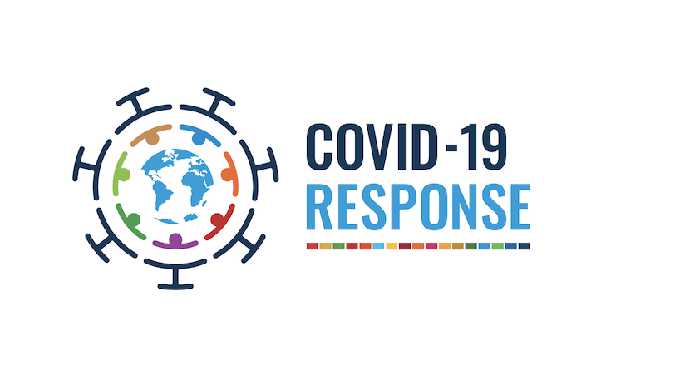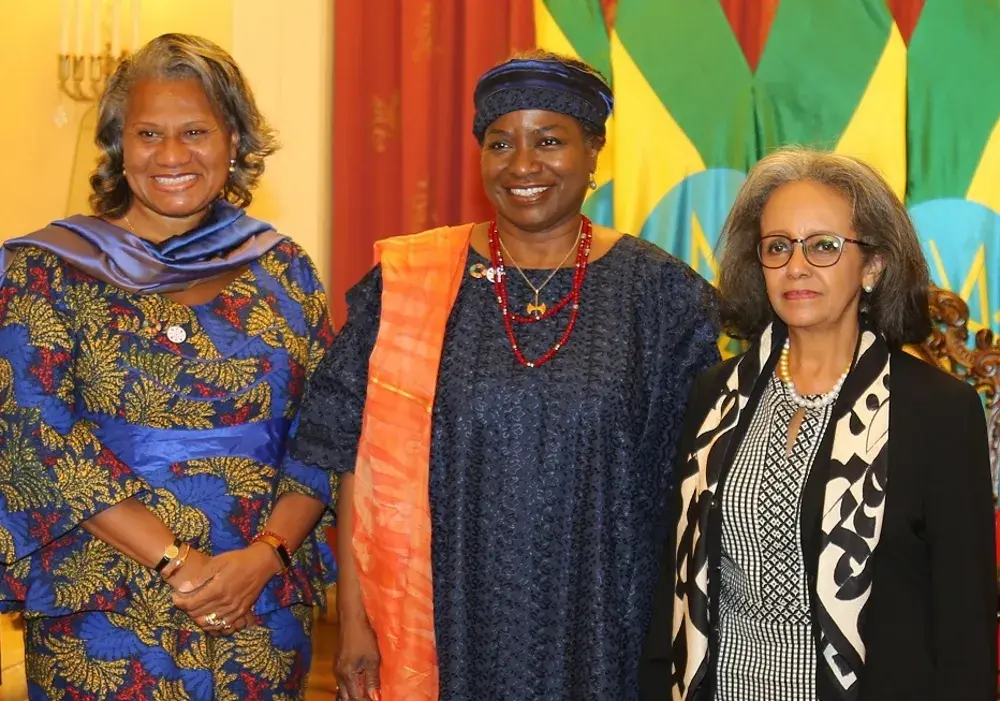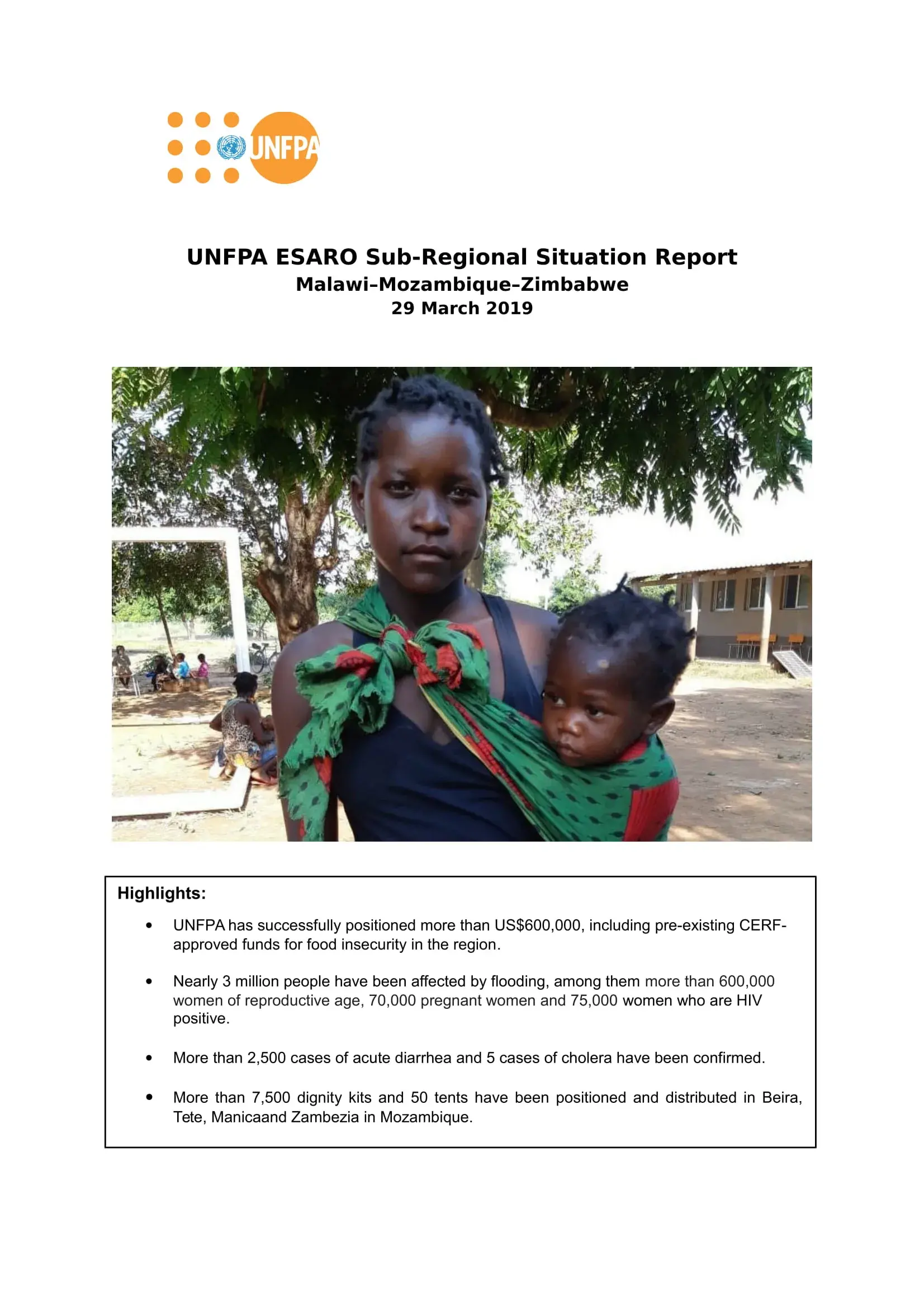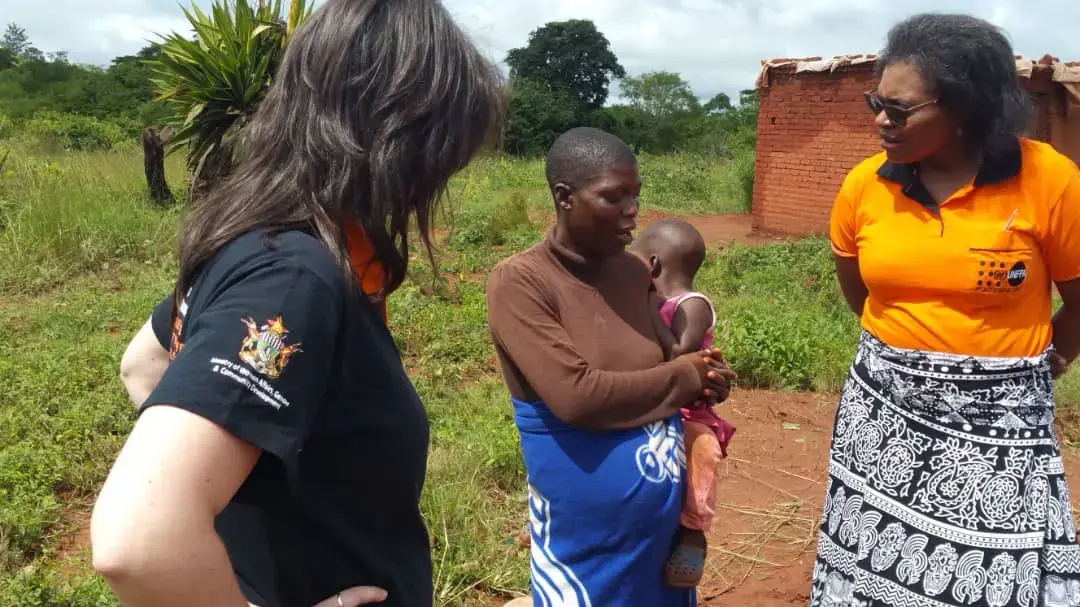Zimbabwe has been under various phases of a lockdown since March 30 this year.
With the lockdown came restrictions that only saw vital staff in essential services like doctors, nurses, security services, media, and supermarkets being allowed to go to work.
Commuter omnibuses and other transport service providers that are not part of the public transporter, the Zimbabwe United Passenger Company (Zupco) facility, were also locked down as the country tried to minimise transmission of Covid-19.
This created a serious problem for essential service providers in terms of reaching their workplaces.
Even with the progressive opening up of the economy and relaxation of Covid-19 lockdown restrictions, challenges with commuting to and from work continued.
People required to report for work increased by the day, including vehicle owners, who had to opt for public transport amid fuel challenges.
This increased pressure on Zupco.
In Harare, health workers too, especially those who work on shifts in the city’s health facilities, were stressed by this aspect.
Due to lack of public transport, staff either reported late for work, or failed to go to work altogether, adding a crisis on to the already biting pandemic.
Access to health care services was hampered by several other barriers such as movement restrictions and patients’ fear of Covid-19 infection at health facilities.
This led to reduced uptake of all other services at health facilities, more so for women and children, especially those seeking preventive and promotive services.
Reduced access to sexual reproductive health services was evident from declining client numbers recorded at facilities, including pregnant women seeking maternity services.
In light of these challenges and to ensure continuity of care, the United Nations Population Fund (UNFPA) has enhanced its partnership with the City of Harare’s Health Department, specifically to ensure continued provision of critical services since early April this year.
Dedicated vehicles to provide transport have been availed for staff working within the City of Harare Health Services Department at all 12 polyclinics; Tariro Clinic in Hopley, and the two infectious diseases hospitals (Wilkins and Beatrice) to and from work.
UNFPA country representative, Dr Esther Muia, says in this era of Covid-19, it remains essential to continue supporting the provision of other critical services and especially sexual and reproductive health services even as the country focuses on the Covid-19 response.
“UNFPA remains committed to ensuring women and children, especially pregnant women and young people continue to have access to critical health services.
“Therefore, we will continue to provide our support to ensure this happens to save even more lives,” she said.
Through support from the Health Development Fund — funded by the governments of Ireland, Sweden, the United Kingdom and the European Union — UNFPA has been supporting the Government of Zimbabwe over the past years to ensure access to quality sexual and reproductive health services.
Provision of transport ensures critical health services are available at the polyclinics, and that Covid-19 isolation centres at Wilkins and Beatrice hospitals are functional, with staff on site for all shifts.
This essential support has seen most facilities with almost 100 percent staff attendance during the entire lockdown period.
Since the beginning of this support from UNFPA on April 8, 2020, over 5 350 babies have been delivered safely.
Originally published by The Herald





